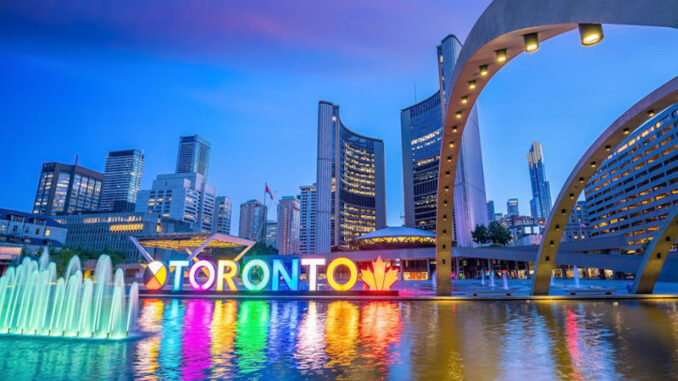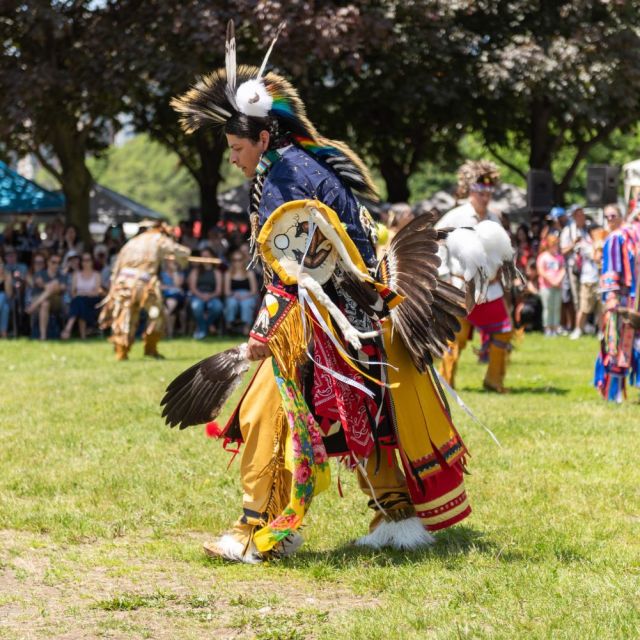4th Global Conference on Environmental Education and Lifelong Learning
"Empowering Girls through STEM for Environmental Solutions: Lifelong Learning as a Catalyst for Sustainable Change"


The 4th Global Conference on Environmental Education and Lifelong Learning, organized by the Pan African Centre for Climate Policy, will be held in Canada on October 15-16, 2026. Under the theme “Empowering Girls through STEM for Environmental Solutions,” the conference will explore how science, technology, engineering, and mathematics (STEM) education can serve as a powerful tool to equip girls and young women with the skills needed to innovate and implement solutions for pressing environmental challenges.
This gathering aims to foster dynamic dialogues and strategies that integrate gender-sensitive approaches into STEM education, emphasizing the vital role girls and young women play as future environmental leaders and change-makers. It advocates for expanding access to STEM learning opportunities for girls worldwide, recognizing that empowering them through these fields is essential for driving sustainable environmental solutions.
Background and Rationale
As global environmental crises intensify—from climate change to biodiversity loss—innovative solutions rooted in STEM are indispensable. However, girls and women remain underrepresented in STEM fields, especially in developing regions where they are often excluded from quality education and technological opportunities. This disparity limits their capacity to lead in environmental science, policy, and technology-driven solutions.
Empowering girls through lifelong learning in STEM not only enhances their individual agency but also accelerates community and national resilience. When girls gain skills in environmental sciences, engineering, and technology, they become pivotal contributors to climate adaptation, renewable energy development, and sustainable resource management.
Statistics reveal the urgency of this issue. UNESCO reports that women constitute only 28% of researchers in science globally, with even lower representation in developing countries. In regions like Sub-Saharan Africa and South Asia, girls are twice as likely as boys to drop out of secondary education, curbing their access to STEM careers. Addressing these gaps is critical for harnessing the full potential of future generations to solve environmental problems
Bringing together policymakers, educators, STEM professionals, gender advocates, youth leaders, and community stakeholders, the conference will:
Highlight the transformative power of STEM education in empowering girls as agents of environmental change.
- Promote gender-sensitive policies and programs that expand access to STEM learning for girls at all levels.
- Share innovative practices, successful initiatives, and scalable models that integrate gender and STEM in environmental education.
- Foster international collaboration to develop gender-inclusive STEM curricula and capacity-building initiatives.
- Develop actionable strategies and policy recommendations to mainstream gender equality and STEM empowerment within global environmental education frameworks.
Call to Action
Join us in championing the cause of girls through STEM as a cornerstone for environmental solutions. Together, we can create a future where every girl has the opportunity, skills, and confidence to lead innovative efforts for a sustainable planet.
